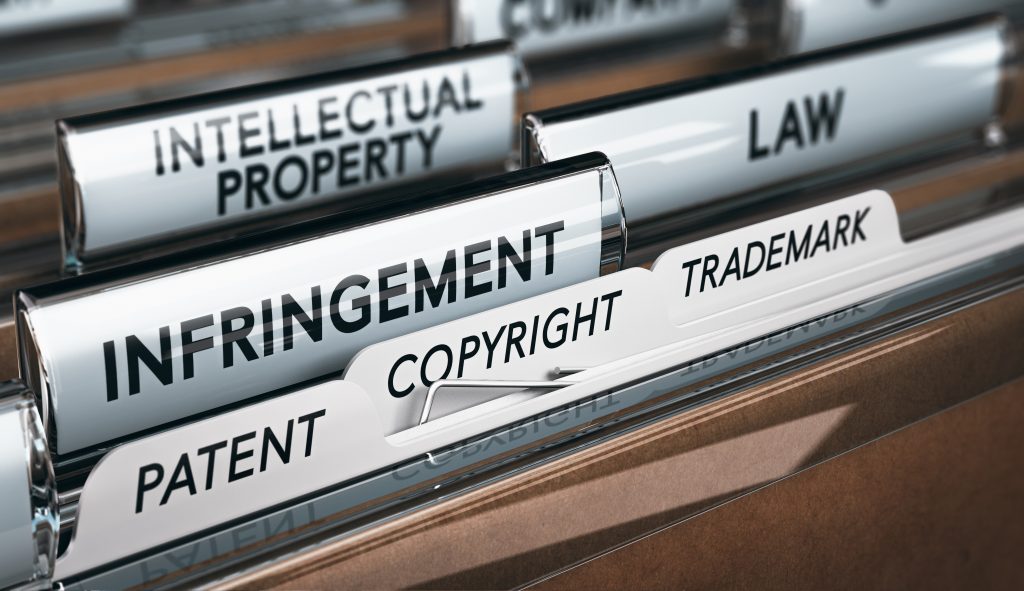Artificial intelligence and US Copyright Office new guidelines: Who gets to own the creations of AI?
New guidelines from the US Copyright Office address copyright protection for art created using artificial intelligence, focusing on the level of human creativity involved. While AI-generated work may not be copyrightable, modifications by humans can be protected. The Office plans to gather input from artists, developers, and others on the use of AI-generated content in creative fields through public listening sessions and a notice of inquiry later in the year.

The US Copyright Office has released new guidelines regarding whether artistic works created using artificial intelligence (AI) can be protected by copyright law. Copyright eligibility will depend on whether the AI’s involvement in the work is a result of mechanical reproduction or reflects the author’s creative input.
The Copyright Office reiterated that copyright protection hinges on the level of human creativity involved and that AI systems are unlikely to generate copyrightable work. Nonetheless, creative modifications and arrangements of AI-generated work can still be copyrighted, and the policy does not prohibit the use of technology in the creative process. The office emphasized that what is important is the extent of human creative control over the work’s expression and the traditional elements of authorship. Additionally, copyright applicants must disclose the involvement of AI-generated content in their work, and previously filed applications that failed to do so must be corrected.
The Office plans to hold public listening sessions in the spring, where artists, AI developers, lawyers, and researchers can share their thoughts on generative AI’s use and impact in creative fields. The Office will then publish a notice of inquiry later this year, inviting public comments on various copyright issues related to AI.


